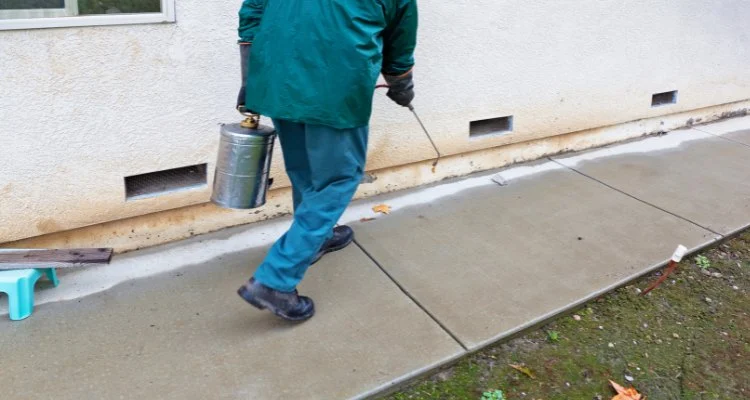
- 1-Why Rain Attracts Pests
- 2-How Rain Affects Pests and Their Behavior
- 3-Effective Strategies to Prevent Pest Return
- 4-Essential Tools to Keep Pests Away
- 5-Real-Life Examples of Effective Pest Prevention
1-Why Rain Attracts Pests
After heavy rainfall, many pests, including ants, termites, and rodents, tend to move indoors in search of shelter. The wet conditions outdoors create ideal environments for pests to thrive. The moisture softens the ground, making it easier for pests to burrow into the earth, while rising water levels drive them into your home. This is particularly true for pests like termites, which are attracted to damp wood, or rodents that seek dry, warm spaces.
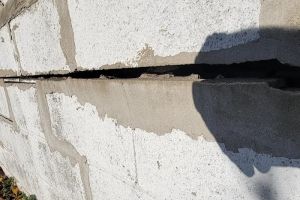
Wrigley's BusyBee Termite & Pest Control
Rochelle ParkBergen CountyNew Jersey
25 Oak St Fl1, Rochelle Park, NJ 07662, USA
2-How Rain Affects Pests and Their Behavior
The aftermath of a rainfall often changes the behavior of various pests. Some insects, such as mosquitoes, thrive in stagnant water, while others, like ants and termites, may look for new locations when their usual environment is flooded. Additionally, the change in the environment often forces pests to search for food, water, and shelter indoors. Once they find an entry point, they might establish a new colony inside your home, causing ongoing problems.
In particular, the humidity levels increase after rainfall, making it easier for pests to find moisture in places like basements, attics, and even inside the walls of your home. This is why it's important to address the potential for pest infestations promptly after rain.
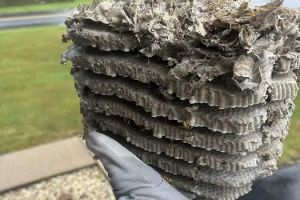
Hershey Termite and Pest Control
HersheyDauphin CountyPennsylvania
729 Lexington Ave, Hershey, PA 17033, USA
3-Effective Strategies to Prevent Pest Return
To prevent pests from returning after rain, follow these essential prevention strategies:
- Seal Entry Points: Inspect your home for cracks, gaps, or holes around windows, doors, and foundations where pests could enter. Sealing these openings ensures that pests have no access to your home.
- Address Moisture Issues: Pests, especially termites and ants, are attracted to moisture. Fix leaking pipes and remove standing water to eliminate the moisture that attracts these pests.
- Use Natural Repellents: Natural pest repellents, such as peppermint oil, citrus peels, or diatomaceous earth, can deter pests from entering your home. These can be particularly effective in areas where pests are likely to enter after the rain.
- Clean Your Property: Keep your yard free of debris, such as fallen leaves or branches, which provide hiding spots for pests. Regular cleaning reduces potential pest habitats.
- Use Professional Pest Control: If you're dealing with a recurring pest problem after rain, professional pest control services can effectively assess and address the issue, ensuring long-term prevention.
4-Essential Tools to Keep Pests Away
Preventing pests from returning after rain involves the right tools and preventive measures:
- Sealant Materials: High-quality sealants help close cracks and gaps where pests might enter. Make sure to use weather-resistant materials for durability.
- Dehumidifiers: These are useful for controlling indoor humidity, which can discourage pests from settling in damp areas like basements or bathrooms.
- Outdoor Traps: Using traps around the perimeter of your home can help catch pests like rodents or ants before they make their way inside.
- Pest Repellent Sprays: Safe, chemical-free pest sprays can be used around doors, windows, and baseboards to keep pests at bay.
5-Real-Life Examples of Effective Pest Prevention
Take the example of a family living in a flood-prone area. After a particularly heavy rainfall, they noticed ants and termites invading their home. By addressing moisture issues, sealing gaps around windows, and using natural repellents, they were able to prevent the pests from coming back. They also installed outdoor traps to capture any remaining pests before they could enter the house. With these steps, they managed to keep their home pest-free and dry.
Another real-life case involved a homeowner who had dealt with rodent problems after a rainstorm. By sealing all entry points and using a dehumidifier in the basement, the homeowner was able to discourage rodents from returning. Additionally, they set up outdoor traps and maintained their yard by clearing debris, reducing potential hiding spots for pests.
These examples show that with the right knowledge and tools, it's possible to prevent pests from returning after rain and protect your home for the long term. For anyone looking for pest control products, services, or expert advice, you can check out PestControlHub for the best solutions tailored to your needs.
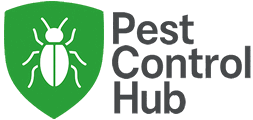
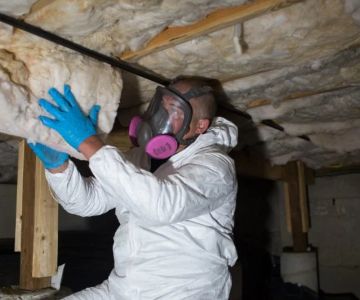

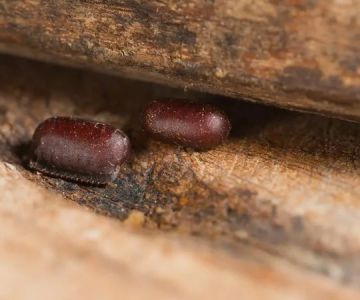
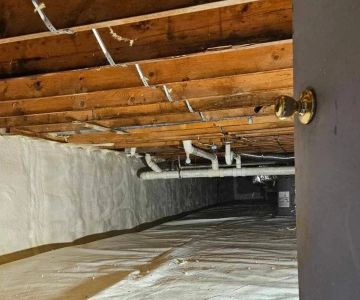
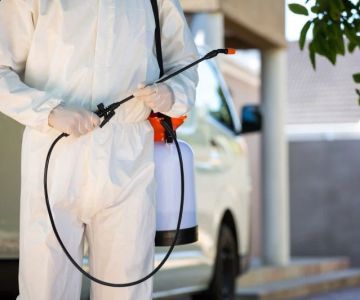

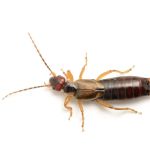 Western Pest Services4.0 (324 reviews)
Western Pest Services4.0 (324 reviews) Terminix Commercial4.0 (238 reviews)
Terminix Commercial4.0 (238 reviews) Bob the Bug Guy5.0 (15 reviews)
Bob the Bug Guy5.0 (15 reviews) DMV Exterminator's Pest Control - Bed Bugs4.0 (37 reviews)
DMV Exterminator's Pest Control - Bed Bugs4.0 (37 reviews) Holloman Exterminators4.0 (52 reviews)
Holloman Exterminators4.0 (52 reviews)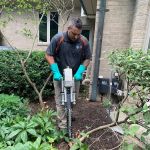 Safari Tree Saginaw0.0 (0 reviews)
Safari Tree Saginaw0.0 (0 reviews)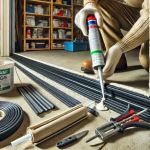 How to Seal Gaps at Door Bottoms to Block Insects – Easy Methods for Effective Pest Control
How to Seal Gaps at Door Bottoms to Block Insects – Easy Methods for Effective Pest Control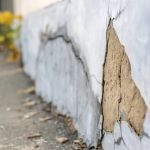 How to Seal Entry Points in Foundation Cracks – Essential Guide
How to Seal Entry Points in Foundation Cracks – Essential Guide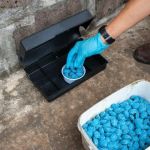 How to Use Long-Term Bait Systems for Rodents
How to Use Long-Term Bait Systems for Rodents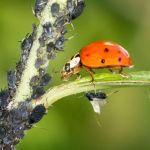 How to Use Biological Control Agents in Home Use for Effective Pest Management
How to Use Biological Control Agents in Home Use for Effective Pest Management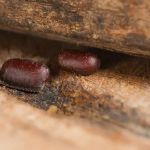 How to Recognize Pest Eggs and Larvae Before It’s Too Late
How to Recognize Pest Eggs and Larvae Before It’s Too Late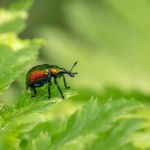 How to Evaluate Pest Control Warranty Offers – A Guide for Homeowners
How to Evaluate Pest Control Warranty Offers – A Guide for Homeowners